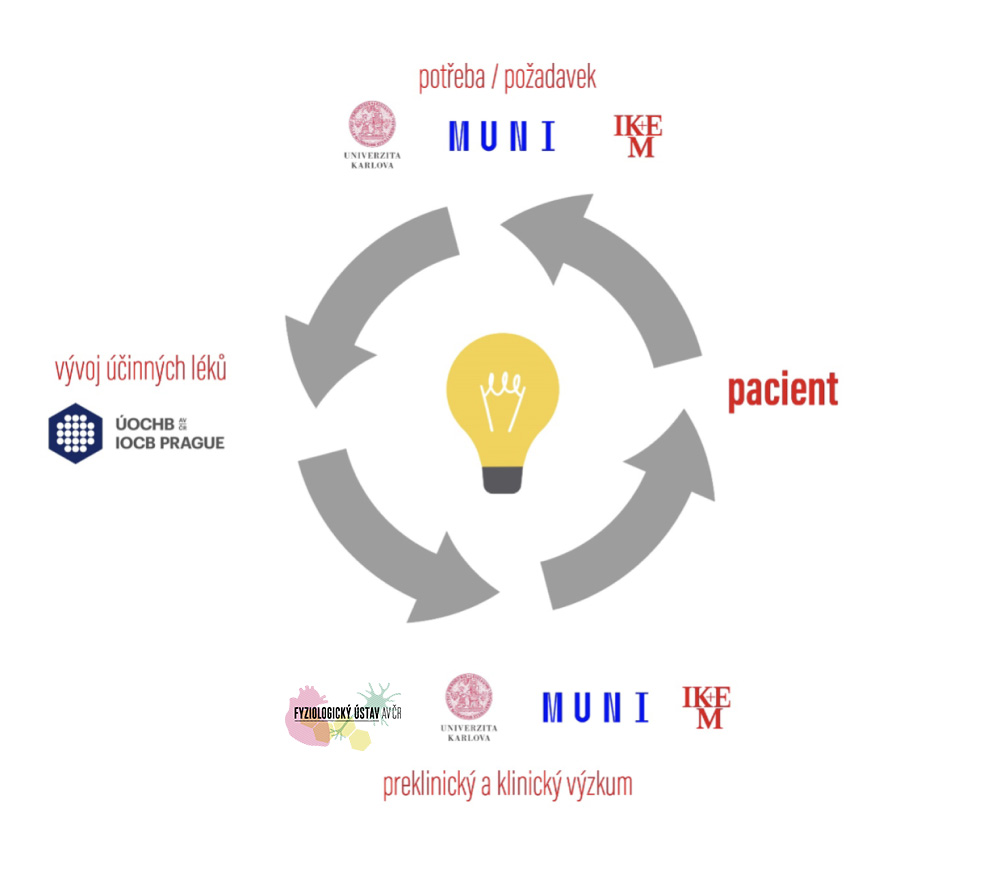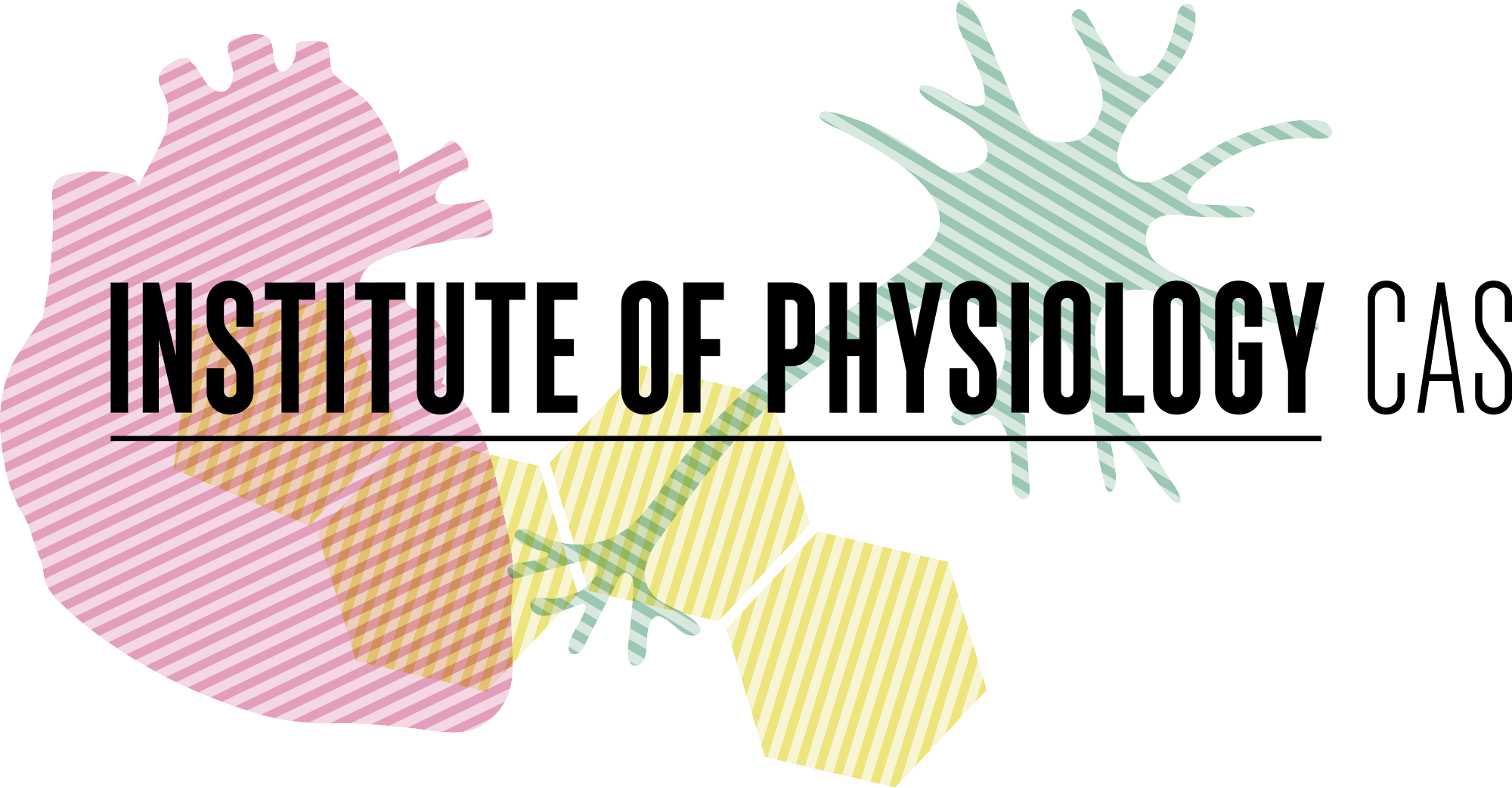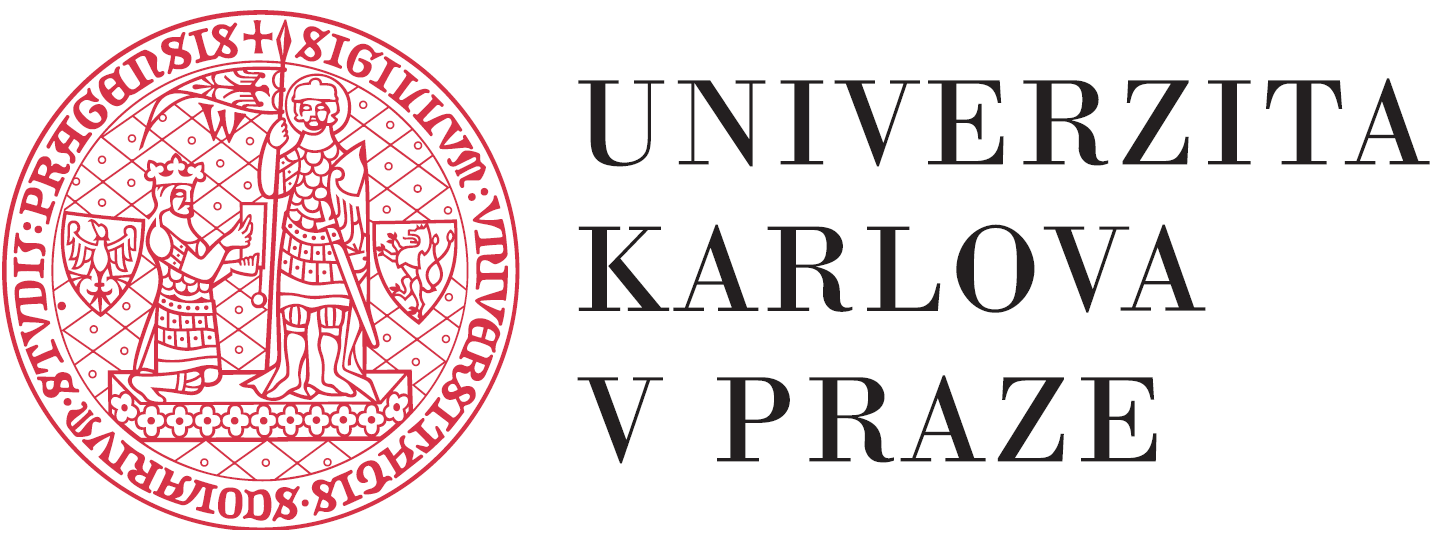Each participating institution will work with others to address challenges that should lead to more effective management of the "epidemic" of civilisation diseases, in particular through

Cardiovascular disease (CVD), heart failure, type 2 diabetes mellitus (T2DM) and obesity are the most common causes of morbidity and mortality in developed countries worldwide. The prevalence of cardiovascular disease and related mortality is higher in the Czech Republic than in most developed EU countries. Moreover, the prevalence of obesity and T2DM, as important risk factors for cardiovascular morbidity and mortality, is increasing faster than in most EU countries. Patients with T2DM have a 2 to 3 times higher risk of cardiovascular complications, which are the most common cause of their premature death. The cost of treating these complex multifactorial civilisation diseases and their complications places an extreme financial burden on the entire healthcare system. The importance of obesity, T2DM, CVD or heart failure was fully demonstrated during the COVID-19 pandemic, when the presence of these diseases was a major risk factor for severe viral infection with increased complication rates and higher mortality. New research and clinical strategies are therefore needed to prevent or effectively treat CVD, heart failure, obesity and T2DM in order to reduce the chronic complications of these diseases and the long-term risks associated with global pandemics such as COVID-19 infection.
The combined efforts of the excellent and complementary participants of the CarDia project will create a comprehensive national research platform (institute) encompassing experimental, preclinical, translational and clinical research activities in the prevention and treatment of CVD, its most common risk factors such as obesity and diabetes, and related chronic complications. This will ultimately help to prevent and treat these diseases more effectively by translating the knowledge gained from experimental research into new treatments and interventions. This will be done in an approach that optimises the situation in the Czech population.
The main milestones of the project are: (1) the concentration of the capacity and the launch of the project and its scientific agenda in 2022; (2) the full implementation of the agenda, based on 100 FTE scientists and technical staff involved, and the first scientific results obtained, in 2023; (3) the obtaining of most of the results and the main development of the international collaboration, in 2024; and (4) the publication of the results and the evaluation of the project, in 2025.Immediate benefits: (1) innovation and consolidation of research infrastructure in cardiovascular disease, obesity and diabetes, and rectification of support for biomedical research in this area; (2) world-class scientific publications and patents; and (3) strengthening science education and work with talented students and juniors.
The project impacts: (1) the establishment of CarDio as a national research platform, the long-term strategy and scope of CarDio in the R&D&I system in the Czech Republic, and a significant involvement in the European Research Area (ERA); (2) the strengthening of research internationalisation and partnership links, including complementary international projects; and (3) ultimately the application of excellent research results and findings to fundamentally improve the prevention and treatment of serious diseases with economic impact on healthcare and society as a whole.

"The aim of the project is not only to prevent these diseases more effectively, but also to treat them as efficiently as possible. Thanks to this project, we will be able to translate the findings from experimental research into practice much more quickly. This will make it easier and more efficient for patients to access new treatments and measures."


"Research projects that will address the mechanism of cardiac arrhythmias, particularly atrial fibrillation, and their impact on our health, form a substantial part of the cardiology package. This will include a clinical trial comparing left atrial appendage closure to prevent thromboembolic events with anticoagulation in patients with atrial fibrillation and chronic renal failure. Last but not least, we want to investigate the so-called physiological stimulation of the conduction system. We are convinced that this work will significantly increase our knowledge and allow us to improve our therapeutic options."


"The development of new drugs and treatment strategies is vitally dependent on high-quality interdisciplinary collaboration, and this is even more true for the most socially important diseases such as metabolic and cardiovascular diseases. A truly comprehensive and organic interconnection of all the important links in this complex process, which is based on the results of basic biomedical research, is still lacking in our country compared to the West. The newly established institute will take us a major step forward on this path, and its goals also fulfil the motto of the Czech Academy of Sciences, "Cutting-edge research in the public interest."


"The project is a great outcome of many years of collaboration with our partners in uncovering the causes of civilisation diseases. This is also related to other disease states such as cancer or infectious diseases, including COVID-19. The Institute of Physiology of the CAS brings to the project expertise, unique animal models and methodologies necessary for basic disease research, as well as state-of-the-art approaches and technologies for analyzing the composition of samples obtained in clinical trials."


„Projekt je významným počinem, který umožní soustředit stávající bilaterální spolupráce mezi institucemi do jednotného celku s jasně definovaným výzkumným zaměřením a lépe tak využít metodický a intelektuální potenciál jednotlivých partnerů. Posílení interakce teoreticky zaměřených ústavů AV ČR s klinickými pracovišti v oblasti závažných kardiovaskulárních komplikací metabolických chorob přinese kvalitativně nové poznatky základního i aplikovaného výzkumu a urychlí jejich přenos do praxe“.

"The project is a significant undertaking that will allow to concentrate the existing bilateral cooperation between institutions into a single entity with a clearly defined research focus and thus to make better use of the methodological and intellectual potential of the individual partners. Strengthening the interaction of theoretically oriented institutes of the CAS with clinical departments in the field of major cardiovascular complications of metabolic diseases will bring qualitatively new findings of basic and applied research and accelerate their transfer into practice".


„At the IOCB, we are developing new compounds that target the treatment of diabetes, obesity and other metabolic disorders. This project will allow us to more closely link our experience with the synthesis of original molecules that have interesting potential in the treatment or diagnosis of these diseases, with testing in preclinical models and potentially clinical trials. Close collaboration with other departments, particularly in the area of mechanism of action of these new compounds, will then provide insights that we hope will help to bring the results of basic research more rapidly into practice."


"In crucial health and social topics, we need to use the synergies of excellent research institutes in the Czech Republic to achieve results efficiently. The National Institute for Metabolic and Cardiovascular Diseases Research is just such a link and therefore holds great promise for the future for patients suffering from these diseases of civilisation."


"In the field of research on metabolic and cardiovascular diseases, the Czech Republic still lacks sufficient scientists and outputs of preclinical and clinical biomedical research, which would be followed by the development of new drugs and treatments. We are one of the Member States most affected by the covid-19 pandemic and therefore have the greatest need to increase population resilience. But in addition to scientific results, the 1st Faculty of Medicine of the Charles University through the new national centre will fulfil one of the other requirements and European recommendations - the emphasis on scientific education. We have excellent teachers and a strong base of students, who often already in their undergraduate studies are moving towards science. So we will be able to deepen these initiatives even further with the funding for science."


"We are convinced that the cooperation within this consortium will accelerate the development of new diagnostic methods and new drugs, and in the medium and long term will lead to an improvement in the health status of our population. A major topic for us is the study of genetic factors that lead to high cholesterol levels and thus to the premature development of atherosclerosis and heart attacks at a young age. Our ambition is to move the diagnosis of individuals at high risk of heart attack to younger age groups so that they can be treated early and live to the same age as those who do not have this genetic burden."
